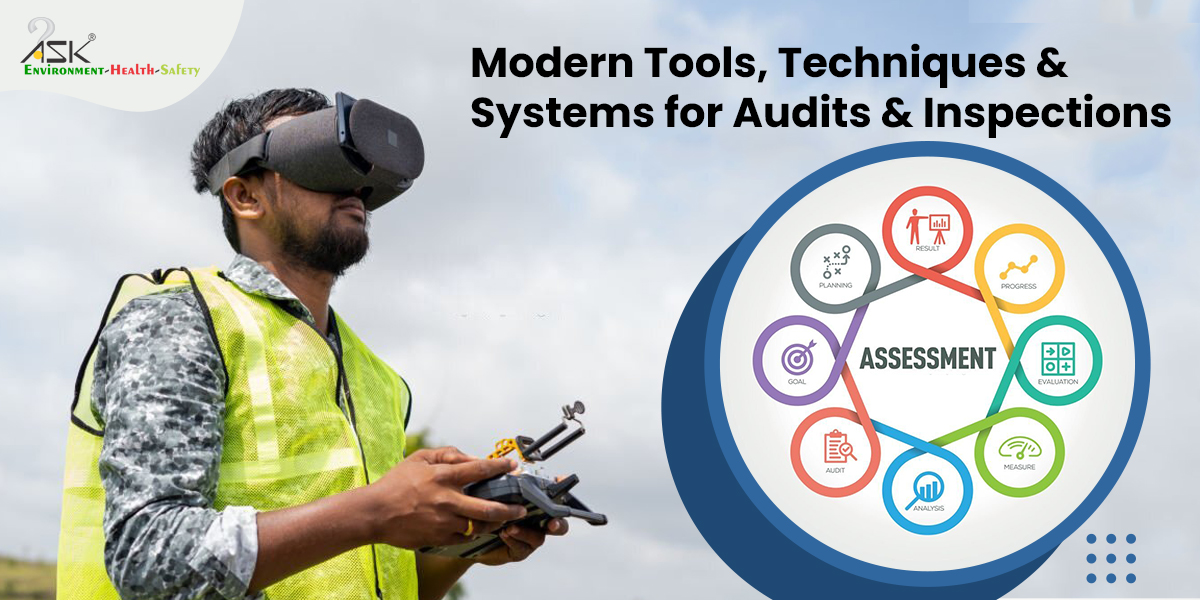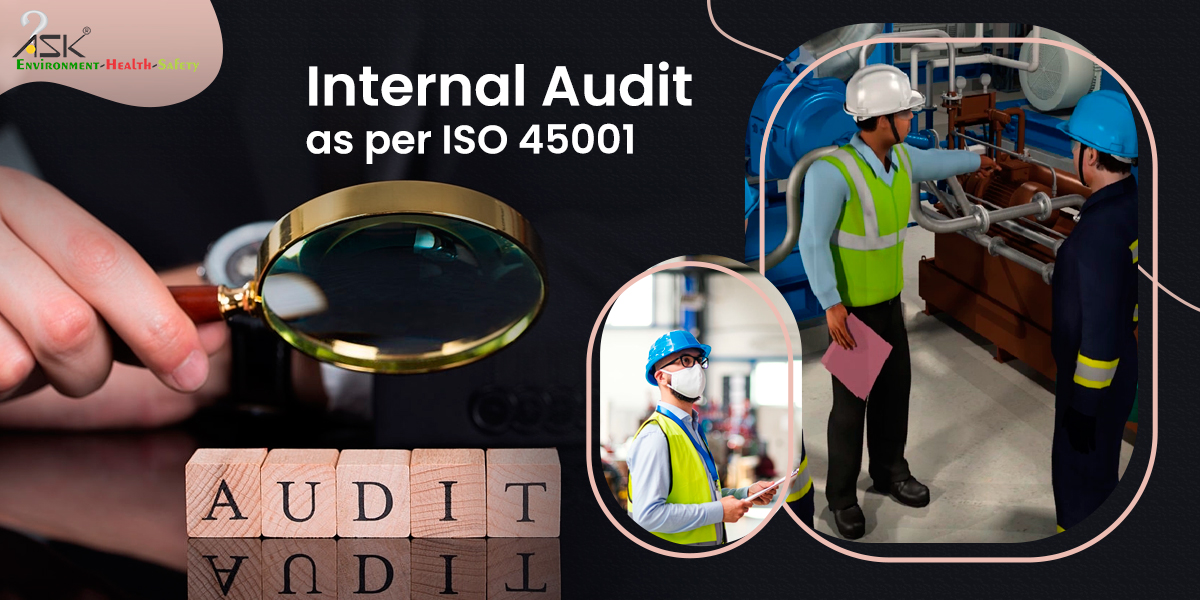Types of Safety Audit and effectively conducting them

A Health and Safety audit is a planned, independent and documented examination of an Occupational Health and Safety Management system intended to evaluate the standard of controls and effectiveness of such system under evaluation.
It mainly asks these questions.
- Whether the Health and Safety management system exist in the organization?
- If the health and safety management system exist, is it being used?
- If it is being used, is it effective or not?
- Adequate risk control systems exist, are implemented and are consistent with the hazard profile of the organization.
- Whether appropriate workplace precautions are in place?
It is a pro-active approach to measure health and safety performance of the organization. It helps in developing criteria for further improvements in organizational strengths along with the identification and control of organizational weaknesses. It provides a platform for taking effective planning decisions.
The concept of self-regulation and co-regulation is virtually axiomatic with the advent of performance standard and ‘duty of care’ approach. It is this obligation to self-regulate that reinforces the importance of an effective audit process as an essential management tool in today’s highly competitive world and sensitive market.
Well-structured and conscientiously conducted audits provide an objective view of the actual status, identify weakness, recognize success, evaluate compliance, determine adequacy of policy and procedures against statutory requirements, world-class standards and also social and ethical norms.
Types of Audits
Audits are conducted in two ways – internally as well as externally.
While internal audits are conducted by someone within the same organization, external auditors are hired for external audits.
So far as purpose, content, sequence and depth of investigation are concerned, both types have almost similar lines of actions. The main differences lie in approach. Practically, internal Audit turns subjective since it is about examining one’s own self, own organization, own system, own people etc. Although organizations claim that they authorize internal auditors with total independence. Auditors are selected from neighbouring departments. They might have been trained and groomed as OHS auditors, yet, they remain internal only. They can’t disclose the weakness of management and put it in black and white. Rather, practically, they are given the task of devising ways and means to hide the weaknesses and highlight the strengths of the organization, as an advocate does for his client. Internal auditing is practically meant as preparation for third party external auditing.
Third party independent audits are to be conducted by expert agencies comprising well-trained lead auditors, experienced hands, technical experts, legal specialists and others. Organizations must give them full freedom to judge neutrally and independently without exercising any influence from any quarter. Objectivity becomes the key motto and their disclosures are to be taken as bare facts, based on which further lines of correction and improvements are to follow. This is the right course of actions.
Advice to the working organization
OHS audit ought to be taken as an important link in the chain of sustenance of a worthwhile safety and health management system for the workplace.
It is worth mentioning here, that audit should not be taken as a mere ritual or a formality only, but to be treated as a detailed prescription by an expert independent agency for effecting improvements in work culture and job execution. Let it be a means for curing the ills and health improvement. As a patient gets a health check-up and goes ahead with the treatment prescribed by the doctor, so should the organization act with positivity and vigor for excellence.



Regardless of what kind of safety audit, in principle safety audit is a very important tools for improving safety performance in an organization.
It should be regularly done, internally or externally. According to my experiences, external audit by experts in their field is very beneficial for the company to move forward.
Hi
Great details on safety audits , Thanks for sharing the articles . Please share more links .